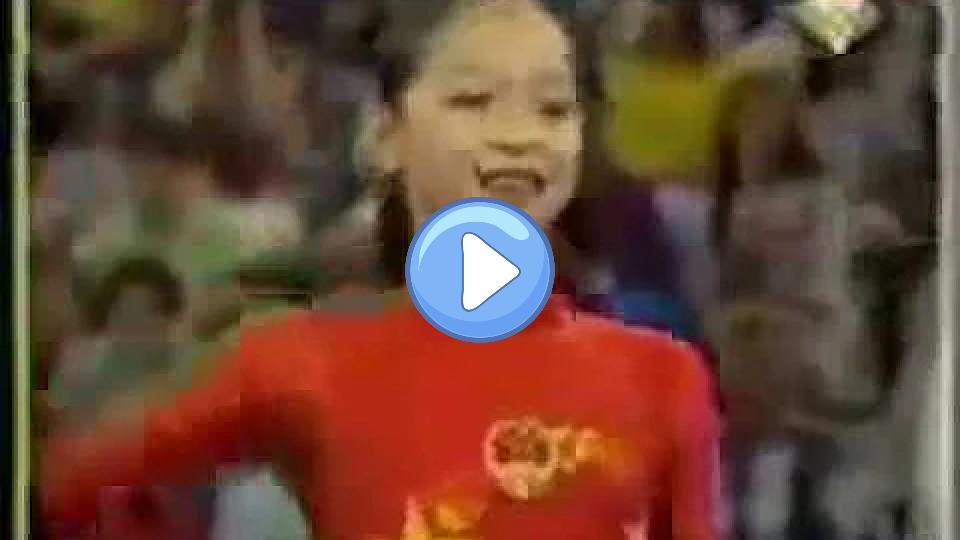Olga Korbut's Sports Injuries
Type of Sport: Gymnastics
Olga Korbut's Sports Injuries Table
| Type | Area | Date | Consequences | Content | How It Happened | Recovery Duration | Rehabilitation Details | Impact On Career | Psychological Impact | Previous Injuries | Return To Competition | Severity | Treatment | Medical Staff | Long Term Impact | Preventive Measures | Competition Missed | Initial Symptoms | Re Injury Risk | Support System | Rehabilitation Location |
|---|---|---|---|---|---|---|---|---|---|---|---|---|---|---|---|---|---|---|---|---|---|
| Back Injuries | lower back | 1975-02-14 | Severe lower back pain, limited mobility, inability to train at full capacity. | This back injury was a major concern as it affected her overall performance and required a significant amount of rest and rehabilitation. | Sustained a back injury while performing an uneven bars routine. | 4 months | Focused on rest, followed by a gradual reintroduction to physical activity with the help of a physical therapist. | Had to skip several competitions and modify training routines to prevent further strain. | Increased stress and concern about long-term health and performance. | Right knee injury in 1974. | Returned to competition in mid-1975 with a cautious approach. | Moderate | Rest, physical therapy, pain management. | Orthopedic specialist and physical therapist. | Chronic lower back pain requiring ongoing management. | Strengthening core muscles and improving posture. | European Championships 1975 | Sharp lower back pain and stiffness. | High | Family, coach, and medical team. | Local sports clinic. |
| Knee Injuries | right knee | 1974-05-09 | Severe pain and swelling, difficulty in walking and performing gymnastics routines. | This injury was significant and required immediate medical attention. It was a major setback in her training schedule. | During a training session, Olga landed awkwardly after a complex tumbling routine. | 6 months | Underwent physical therapy focusing on strength and flexibility exercises. | Missed several important competitions and had to adjust her routines to avoid further injury. | Experienced frustration and anxiety about her future in gymnastics. | None reported prior to this incident. | Returned to competition after a full recovery period but with modified routines. | High | Rest, ice, compression, elevation (RICE), physical therapy. | Sports physician and physical therapist. | Occasional knee pain and need for ongoing physical therapy. | Improved landing techniques and wearing knee support. | National Championships 1974 | Sharp pain and swelling in the knee immediately after the incident. | Moderate | Family, coach, and medical team. | Local sports clinic. |
| Wrist Injuries | left wrist | 1976-07-19 | Pain and swelling in the wrist, difficulty in performing routines that required wrist support. | This injury was particularly concerning given its timing right before the Olympics. It required quick and effective treatment to ensure participation. | Injured her wrist during a balance beam routine while preparing for the Olympics. | 3 weeks | Used a wrist brace and underwent physical therapy to regain strength and flexibility. | Had to modify routines to reduce stress on the wrist but managed to compete in the Olympics. | Increased anxiety about performance and potential for re-injury during the Olympics. | Right knee injury in 1974, lower back injury in 1975. | Competed in the 1976 Olympics despite the injury. | Moderate | Wrist brace, rest, physical therapy. | Sports physician and physical therapist. | Occasional wrist pain, especially during intense training. | Use of wrist supports and proper warm-up techniques. | None, managed to participate in the 1976 Olympics. | Pain and swelling in the wrist immediately after the incident. | Moderate | Family, coach, and medical team. | Olympic Village medical facilities. |
Olga Korbut's Sports Injuries Videos
1972: The Banned Dead Loop of Olga Korbut #Shorts
Deadloop #Olympics #1972
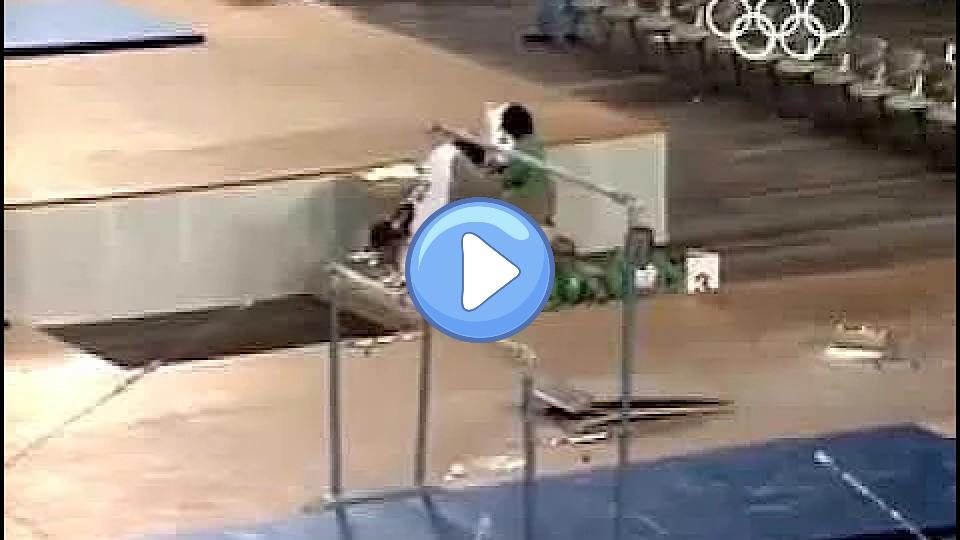
Olga Korbut AA UB mistake
THANKS FOR WATCHING. DON'T FORGET TO LIKE AND SUBSCRIBE. 見てくれてありがとう。することを忘れないで...
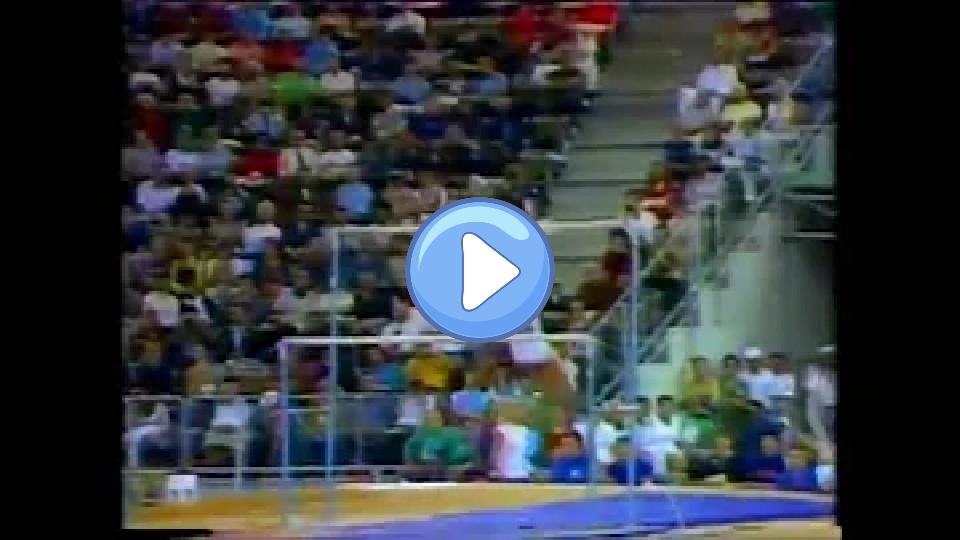
The Dead Loop - Banned Gymnastics Technique!
At the 1972 Summer Olympics, 17-year-old Soviet gymnast Olga Korbut performed a groundbreaking move by standing on top of the high bar, doing a backflip, and grabbing the bar to continue into a swing. This acrobatic style marked a shift from traditional gymnastics routines and gained significant attention. However, as the sport evolved, the move was banned due to safety concerns and changes in the scoring system that emphasized swing-based routines. By 1993, the move was essentially removed from competition because it no longer contributed to the athletes' scores.
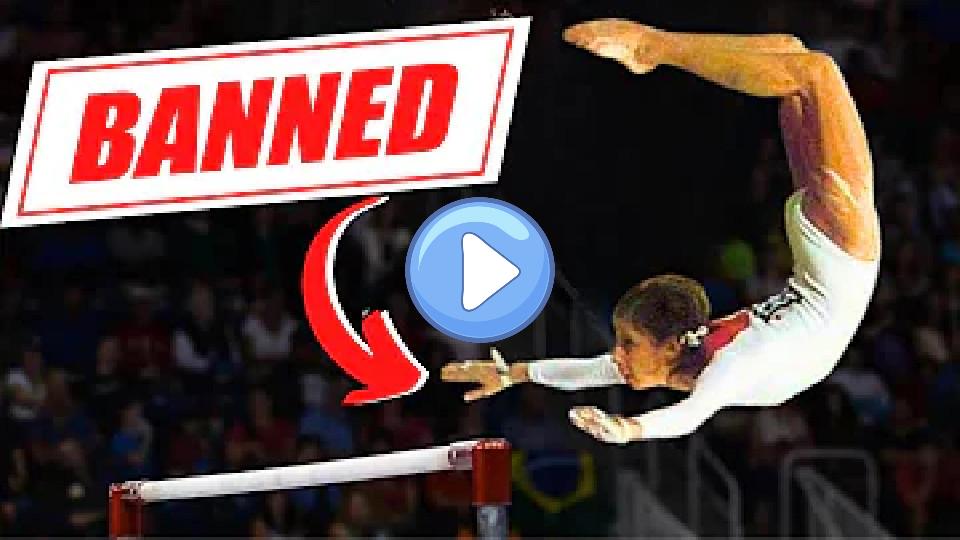
The Greatest Tragedy in Gymnastics History: The Story of Elena Mukhina
Leave a LIKE if you enjoyed the story of "Elena Mukhina" and SUBSCRIBE for more gymnastics videos! Check out my other content...
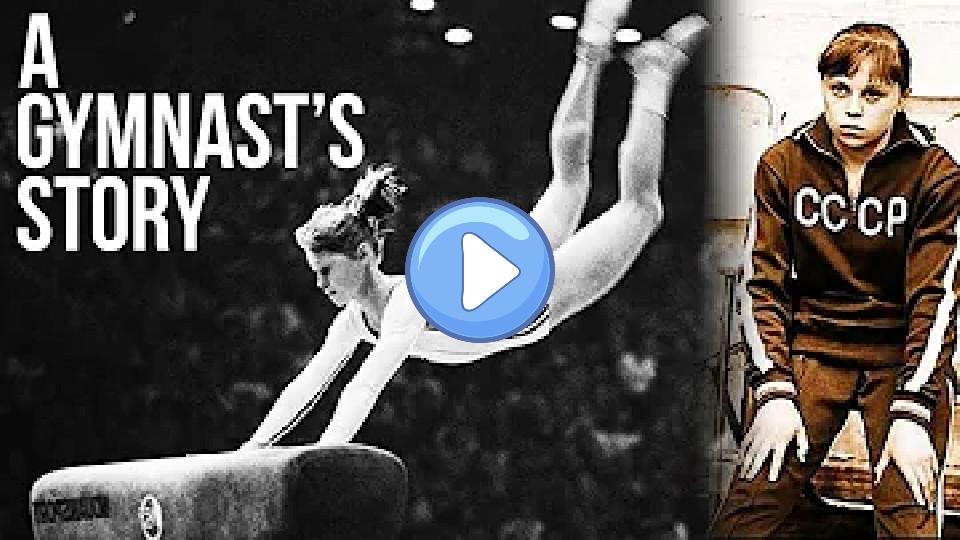
Olga Korbut's dead loop
Olga Korbut's "dead loop" in 1972 was a unique and daring gymnastics move performed only once due to its potential danger, leading to its ban. She executed a backflip on a high bar, earning a score of 9.8.
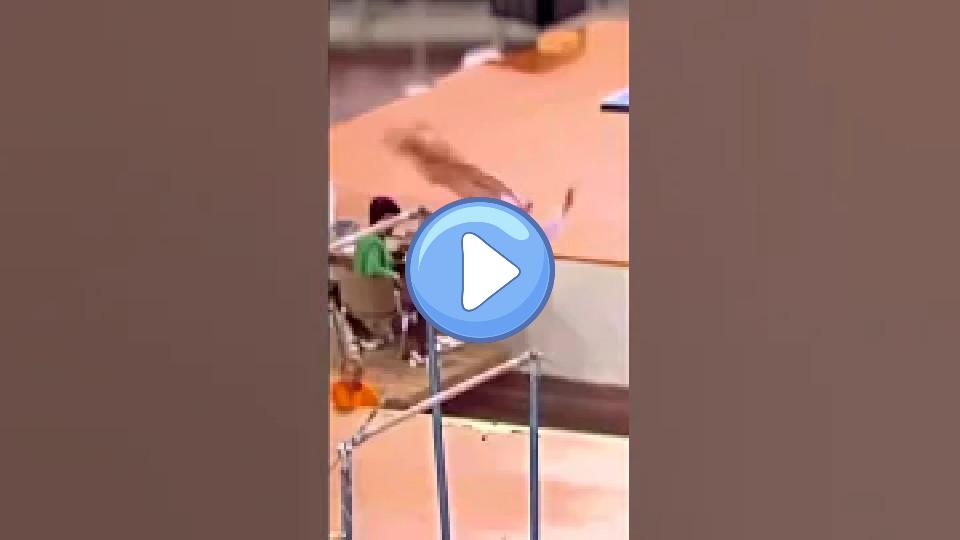
Olga Korbut 1972 Olympics EF UB
Olga Korbut performs her uneven bars routine in the event finals of the 1972 Olympic Games. She scores a 9.800, which ties for...
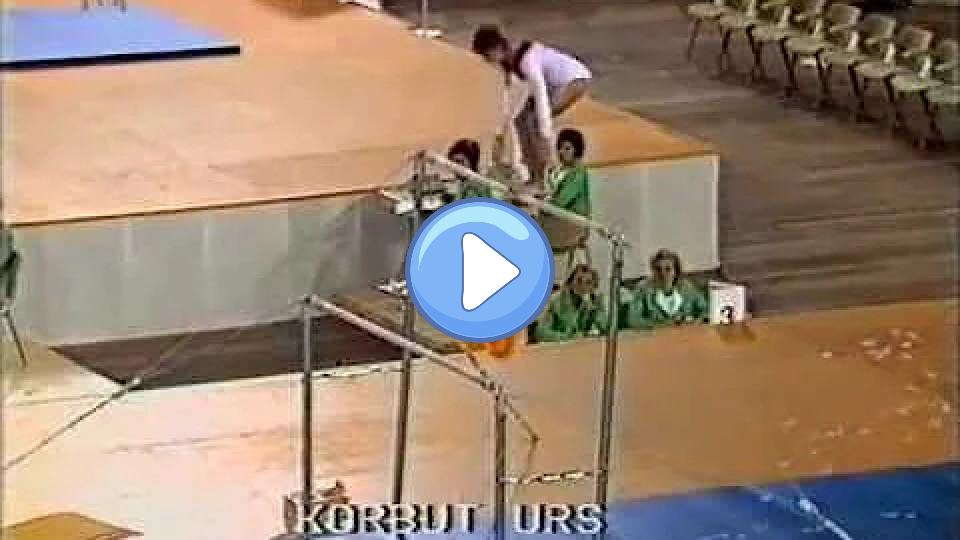
A Move That Changed Gymnastics Forever
Olga Korbut's performance at the 1972 Olympics introduced the Corbett Flip, a daring move that involved standing on the high bar and diving backward to re-grasp the bar. Despite being banned in 1985 for safety and routine flow reasons, the move remains legendary. Korbut's innovative style shifted gymnastics from a focus on elegance to acrobatics, influencing the sport's evolution and inspiring future generations, including athletes like Nadia Comăneci. Her impact popularized gymnastics globally, changing its perception from niche to mainstream. Korbut, a four-time Olympic and two-time world champion, was the first inducted into the International Gymnastics Hall of Fame in 1988.
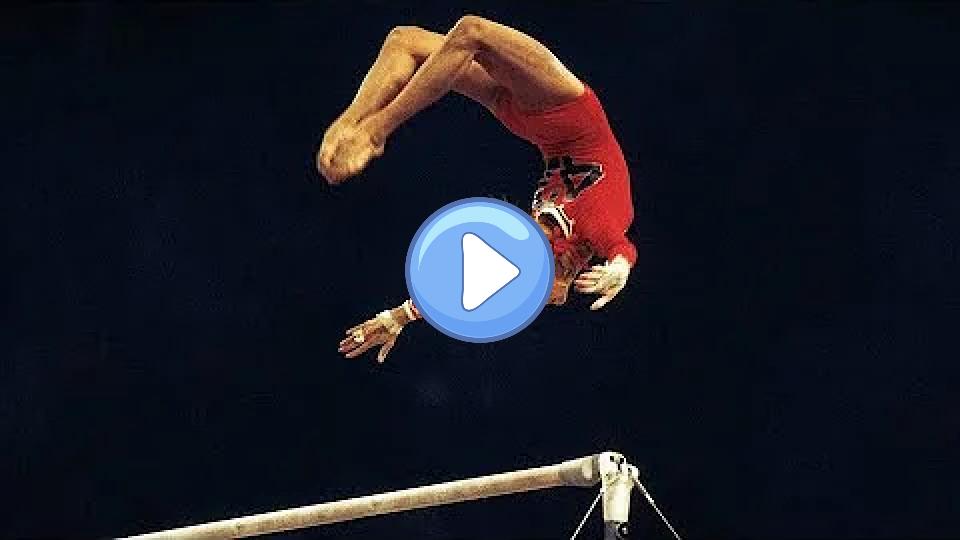
The last time a Thomas Salto was performed in a women's gymnastics competition was at the 1992 Summer Olympics by Elena Mukhina.
He Xuemei added the element to her routine in the 1992 Olympics shown here. She nails it, though the Thomas has since been...
